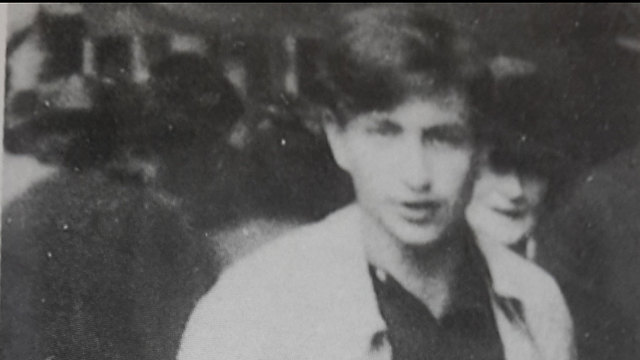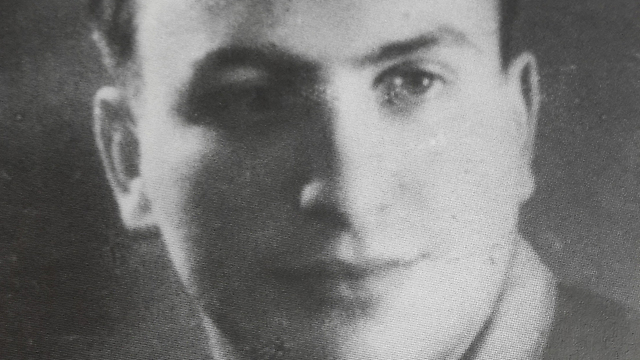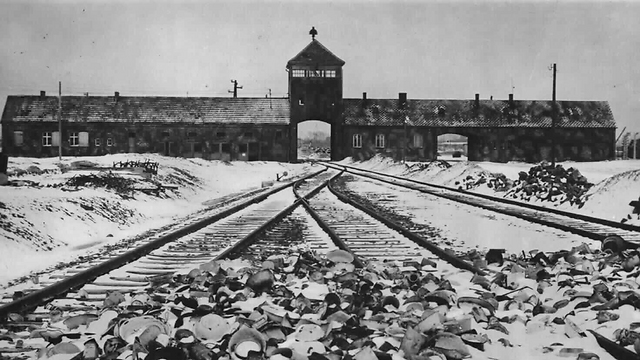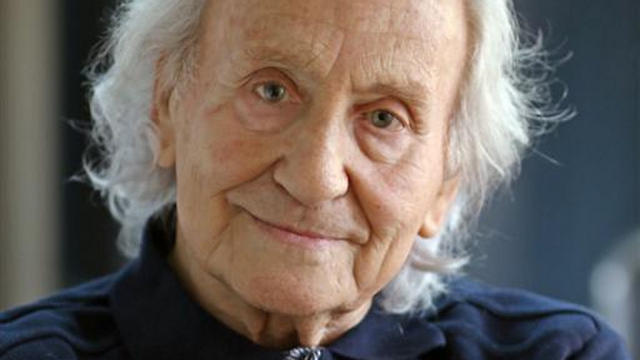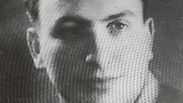
I've debated whether or not to tell my story for many years. Even more so, how I should tell it. How to describe my story to people who weren't there, and who will find what I say beyond the scope of understanding.
For us survivors of the death camps, camps which were established by the Germans to carry out the "final solution" to the "Jewish problem," these stories were just part of our day to day lives.
So how can we tell our stories to people? Maybe we won't find the right words or phrases? What if they don't understand the point I'm trying to get across?
My story occured in Auschwitz, at the Monowitz subcamp specifically. In the barracks where we slept, the Nazis gave us a bucket to use as a toilet in case we needed to go to the bathroom in the middle of the night.
Once the bucket was filled, we were forced to take the bucket to the primitive latrines and dump out the contents.
It's important to know that they forbade us from emptying the bucket next to the barracks or from spilling any of the urine inside of it on our way to the latrines. If the commandants saw that we did this the next day, they would whip your back 25 to 50 times with a rubber hose or a whip. This would usually result in death, as our bodies were already extraordinarily weak.
The facilities housing the latrines were about 100 meters from our "block" of barracks, and it was clear that none of us prisoners were excited to perform this task. In winter, this task was particularly detested. Auschwitz was situated in Upper Silesia, where the temperatures in the winter routinely drop to -4 degrees Fahrenheit (-25 Celsius).
There was a high probability that those who would go out to empty the bucket would run across an SS guard or his dog. If the guard was in a bad mood - a more than likely scenario -the guard would shoot whoever was to empty the bucket at the time.
It was clear that no one wanted to be the "last one on the bucket" thus having to go out and empty it, and we did everything we could to prevent this from happening. And I mean everything. If I needed to go to the bathroom in the middle of the night, I would stay awake and wait until another prisoner went before me. Us veteran prisoners were able to hear how full the bucket was, almost to the centimeter. According to the sound, I would decide whether or not I would go to the bathroom.
How long would I have to hold it in for, you may ask? Until a "sacrifice" came, which was usually some poor newbie who hadn't developed accurate enough hearing to know that the bucket was almost full, or didn't know what was awaiting him outside.
We held it in until the bucket was returned to the barracks.
There were quite a few other "listening experts" in the block with me who were able to hold it for a long time, sometimes until their bladders almost burst. It was only when I couldn't take it anymore that I would go to the bucket and relieve myself.
This "night journey" to the latrines could also lead to our deaths. With our thin clothing, those who were lucky enough not to get shot by the SS guard would come down with pneumonia, which was akin to a death sentence in the camp.
Who's can truely understand these stories? Things happened that people can't even imagine in these camps. Frankly, today, after 70 years, it's even hard for me to believe what happened. It's especially hard for me to understand how we were able to survive, even briefly, all these horrors - how I was able to escape this hell.















